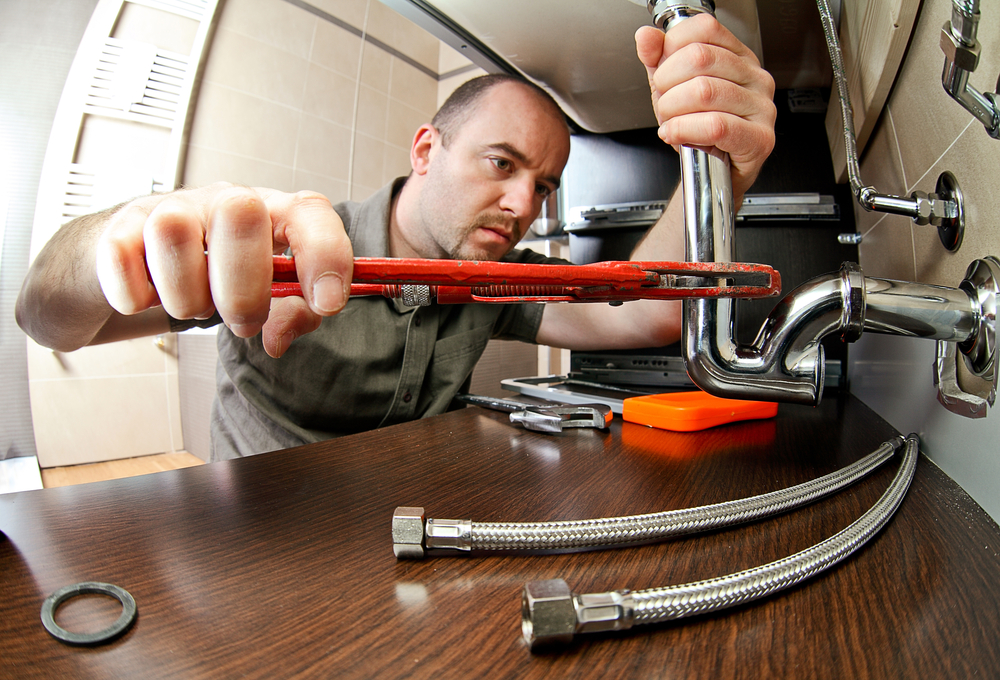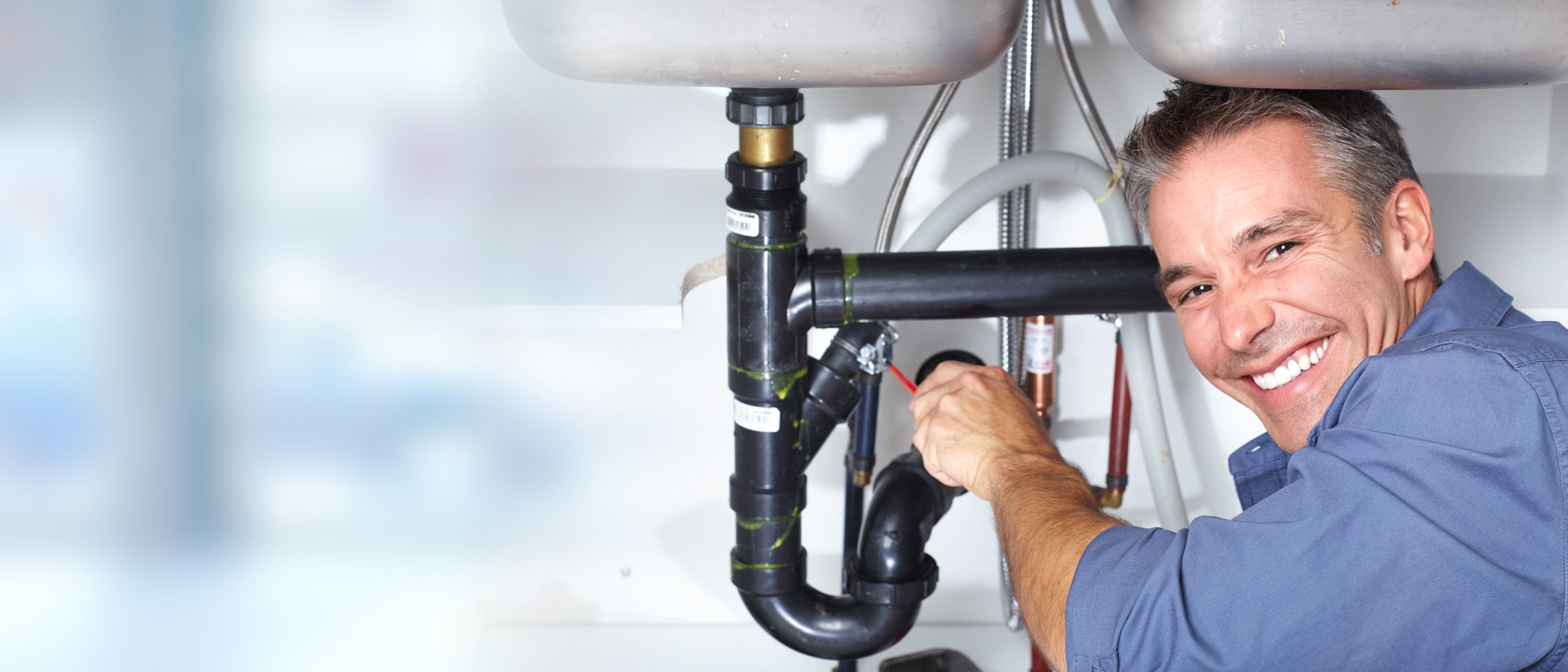6 Important Habits You Should Avoid For Your Plumbing
6 Important Habits You Should Avoid For Your Plumbing
Blog Article
Right here below you will find more dependable help and advice relating to Don’t Let an Earthquake Damage Your Plumbing.

The key to long lasting devices, unsurprisingly, appertains upkeep. There's no hard and fast rule that can guarantee your plumbing devices a lengthy wear, however you can stop unneeded damages as well as repairs by avoiding negative plumbing practices.
You ought to stop doing these 6 things else you'll maintain calling your plumber over for minor faults.
Purging every little thing
Yes, your bathroom drain leads to the sewage systems, however that does not mean you ought to dispose simply anything down the drain. Lots of 'flushable' materials are in fact terrific obstruction starters, for example floss. Asides keeping evident non-flushable materials like cords and also plastics out of your bathroom, you need to additionally prevent flushing cotton buds, menstruation items, wipes, daipers and also condoms down the bathroom drain.
DIYing whatever
With plumbing, a stitch in time truly does save 9. You can stop a fullblown plumbing emergency by calling your plumber at the correct time.
You might have found out a few plumbing hacks from your daddy, but you should understand where to fix a limit and also call a specialist. For example, you may have the ability to take care of an obstruction yourself, but you should not try to alter a pipeline. You could mismatch pipes or overtighten a screw, creating even more injury and also damages than you assumed. Calling a plumber is a secure as well as inexpensive decision.
Using excessive drainpipe cleaner
Making use of a drain cleaner greater than one or two times a month is an indication that something significant is taking place within your pipelines. Currently, instead of encountering the major issue, you go with a quick fix; a carbonated drainpipe cleaner. Rightfully, a drain cleaner will look after the clog, but at what cost?
The chemicals in a drain cleanser can hasten the deterioration of your pipes. Include that to whatever underlying issue is causing the clog as well as you might have to a serious issue on your hands.
If you experience too many blockages, call your emergency plumber rather than utilizing a drain cleaner.
Putting grease in the sink
We understand appropriately getting rid of oil after a hearty meal is a discomfort. Yet simply putting it down the drain can do long-lasting damage to your pipes. "The fat as well as oil can block your drain terribly adequate to require you to call a plumber," describes Dawson. "Plumbing works best when it's well looked after-- not abused with oil."
Not changing your dishwashing machine hoses
One easy means to make certain that you use your dishwasher for many years is to replace the hose pipe at the very least as soon as in five years. This likewise obtains washing machine hoses.
With time, food bits, soap as well as oil can create clogs within your pipes. Replacing them promptly will certainly protect against any presure accumulate that can damage the internal operations of your dish washer or cleaning maker.
A strengthened steel braided hose does a wonderful task of lengthening your maker's usage time.
No wintertime precautions
Extreme climate condition are bad for your pipes, particularly if they're constructed from steel. You should shield your exposed pipelines, as well as your water storage tank, even if you have a water heater. You must also turn off your yard hose pipe shutoff as well as any other exterior water networks. These networks are outlets for cold; you pipelines can begin to freeze from outside if you don't.
How Hard Water Damages Your Plumbing and Appliances
Hard water is no stranger to most households across America. This silent invader affects 85% of homes in the United States every day, wreaking havoc on pipes, plumbing fixtures, and water-using appliances.
Should you become a victim of hard water, you must understand exactly what it is and how it affects your plumbing and appliances. This will help you determine the correct measures to put in place to fix or prevent any problems that may arise.
First off, what exactly is “hard” water?
In short, “hard water” is used to describe water that contains relatively high amounts of dissolved minerals, primarily calcium and magnesium, and a host of trace metals. When rainwater falls from the sky (usually in a pure form), it absorbs the hardness minerals from rocks and soil, which changes it from soft to hard water.
What about my plumbing and appliances?
Mineral deposits from hard water can cause buildup on tubs, shower, sinks, faucets. But that’s only a small scratch of the surface. Those minerals can gradually build up inside pipes, fixtures, water heaters, washing machines, and dishwashers. Once they accumulate in those areas, they can clog pipes and create major problems throughout your plumbing system, from reduced water flow to increased pressure on pipes and fixtures.
This limescale buildup might affect some appliances, causing them to operate less efficiently and wear down faster. And the result? Higher energy bills, more (costly) plumbing replacements and repairs, and damaged appliances.
Keep in mind that certain types of plumbing are more susceptible to clogging than others. Copper, PVC, and PEX pipes are more resistant to hard water buildup and corrosion, but they can still get clogged or completely blocked by scale deposits.
How do I know if my water is hard?
White limescale buildup on plumbing fixtures (or any of the other signs mentioned above) is usually a good sign that your water is hard. If you suspect that you have hard water, you can simply shake up a small amount of dish soap and water in a closed container. If the mixture doesn’t create a lot of suds, you probably have hard water.
The most precise method, however, is to test your water with a DIY test kit (sold online or at local home centers or hardware stores) or send a water sample from your tap to a local lab to be tested. Be sure that you understand the nature of the test, the water condition being measured, and the significance of the test results.
Another way to obtain an estimate of water hardness is to check your annual water quality report to see if your water provider has reported any instance(s) of water hardness in your water supply.
https://www.springwellwater.com/how-hard-water-damages-your-plumbing-and-appliances/

We had been made aware of that editorial on Can Hard Water Ruin Your Appliances? from an associate on our other web address. Do you know about another individual who is excited about the niche? Be sure promote it. Thank-you for going through it.
Top Article Report this page